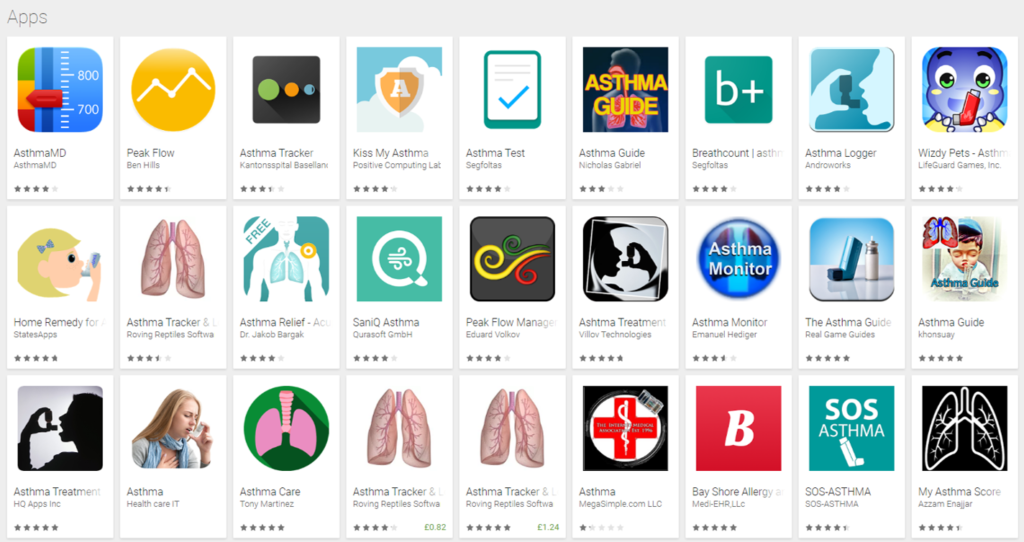Each week our editors select from over 100 journals reliable and useful evidence summarised in BMJ Evidence-Based Medicine. Carl Heneghan, Editor in Chief There’s a lot of research at the moment on blood pressure and what’s the right target to treat too. A JAMA systematic review looked at mortality and cardiovascular disease across blood pressure […]
Evidence Watch: BMJ EBM








